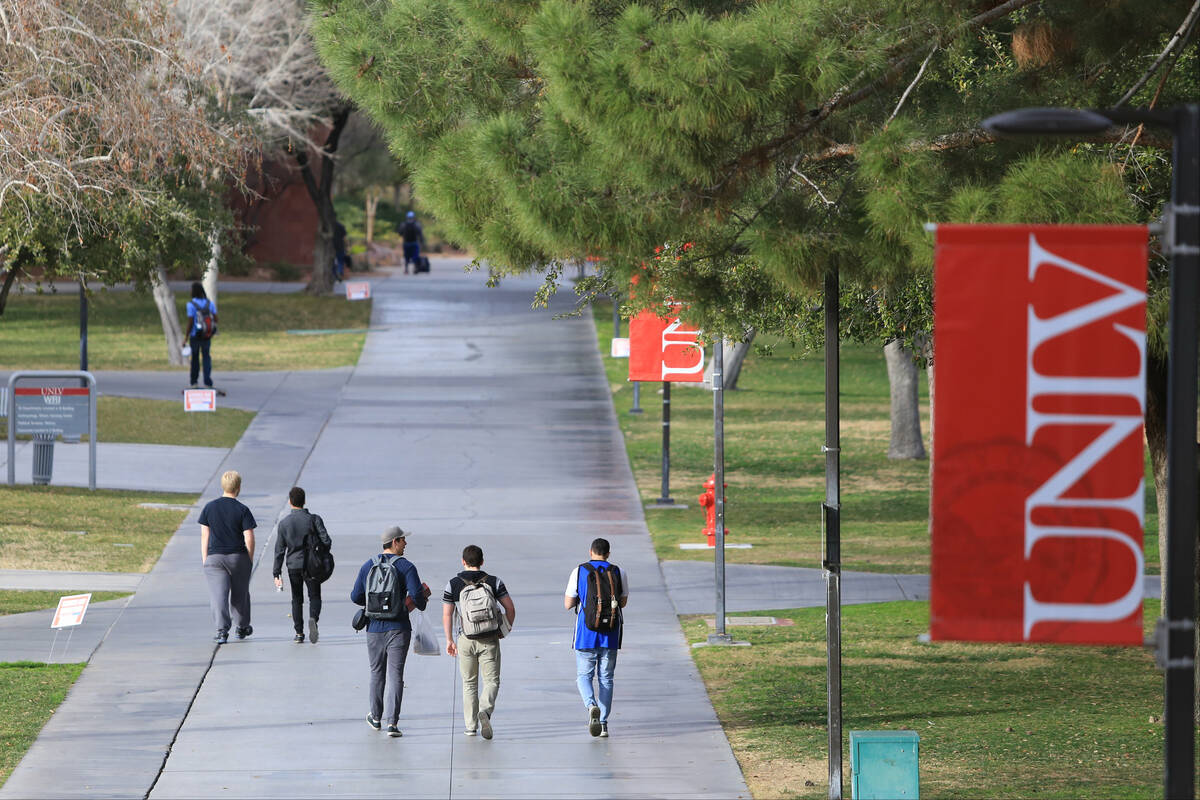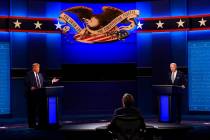EDITORIAL: College leaders need to stand up for free expression
The results of a new survey by Intelligent.com — while not surprising — are a blot on academia and should be an embarrassment to the nation’s college presidents.
The website queried 1,500 college students of varying political affiliations and found that 52 percent say they typically refrain from expressing their opinions in the classroom for fear of incurring the wrath of professors or fellow students. While self-identified conservative students were slightly more likely to censor themselves, the feeling cut across political lines. In addition, the survey found that conservative students were a bit more willing to welcome speakers who espoused opposing viewpoints.
The findings confirm the idea that many universities — which are supposed to be bastions of debate and free-wheeling discourse — have, in fact, devolved into intolerant echo chambers eager to suppress unpopular viewpoints in service to conformity and ideological purity.
To be fair, the survey includes no baseline to determine how these attitudes have changed over the years. But there seems to be little disagreement that today’s students are far less comfortable debating or expressing differences than they were even a few decades ago.
“I find that many students simply have no idea how to disagree constructively, or even if constructive disagreement is possible,” one political professor said about the survey. “Students seem to believe that disagreement is taking sides. Hence, they can only imagine that the potential consequences will be, at minimum, to alienate some of their fellow students. At worst, they might end up fodder for some kind of social media-driven ostracization.”
But what can we expect when many college leaders run for the hills at the first whiff of controversy and seem more intent on preening for the woke mob than standing up for the First Amendment and insisting that their campuses welcome varying points of view. A handful of presidents — at the University of Chicago and Purdue University, for instance — have been outspoken in their support of free expression on campus. Too many others — particularly at elite institutions — offer empty lip service about the need to “balance” free inquiry and free speech with inclusivity.
As a result of this pusillanimity, students get the wrong message and the forces of authoritarianism march forward. A Cato Institute poll found broad support among college kids for curtailing “hate” speech and for restricting the expression of those who voice unpopular opinions.
This is dangerous. But until campus leaders find the courage to stand up for these vital values, this troubling trend will continue.






















